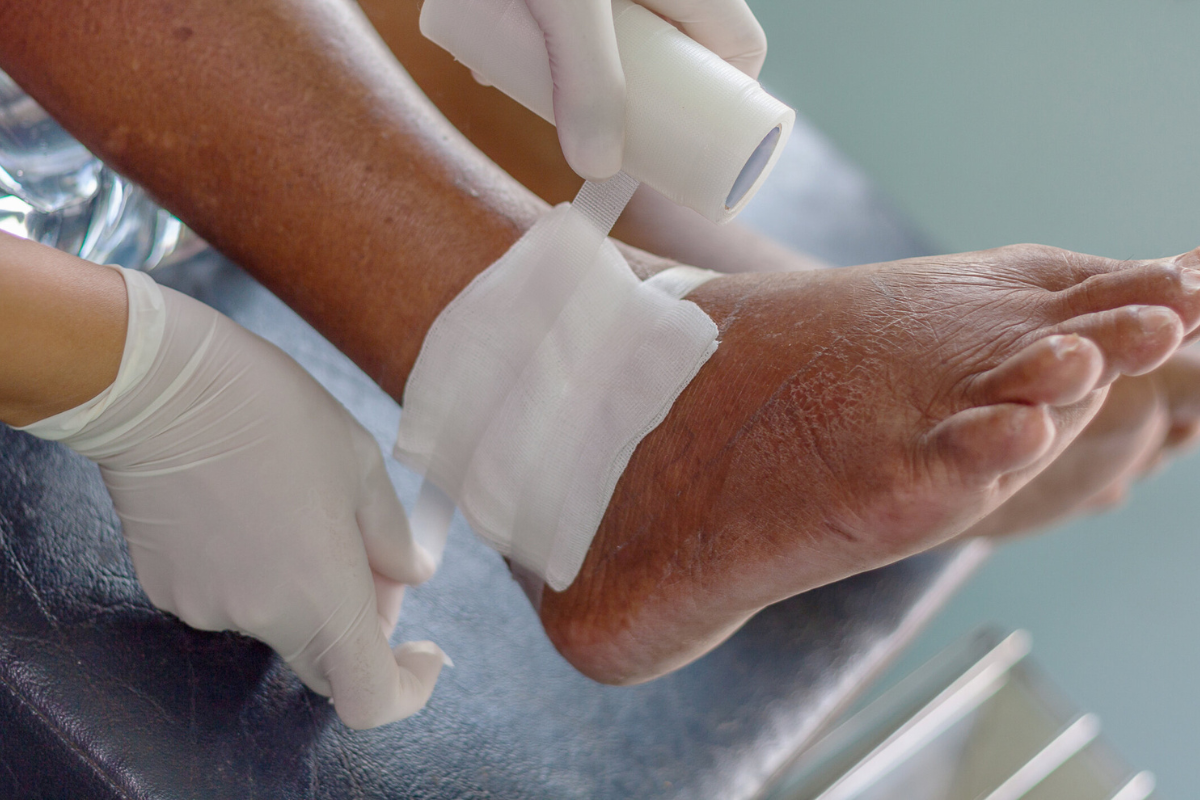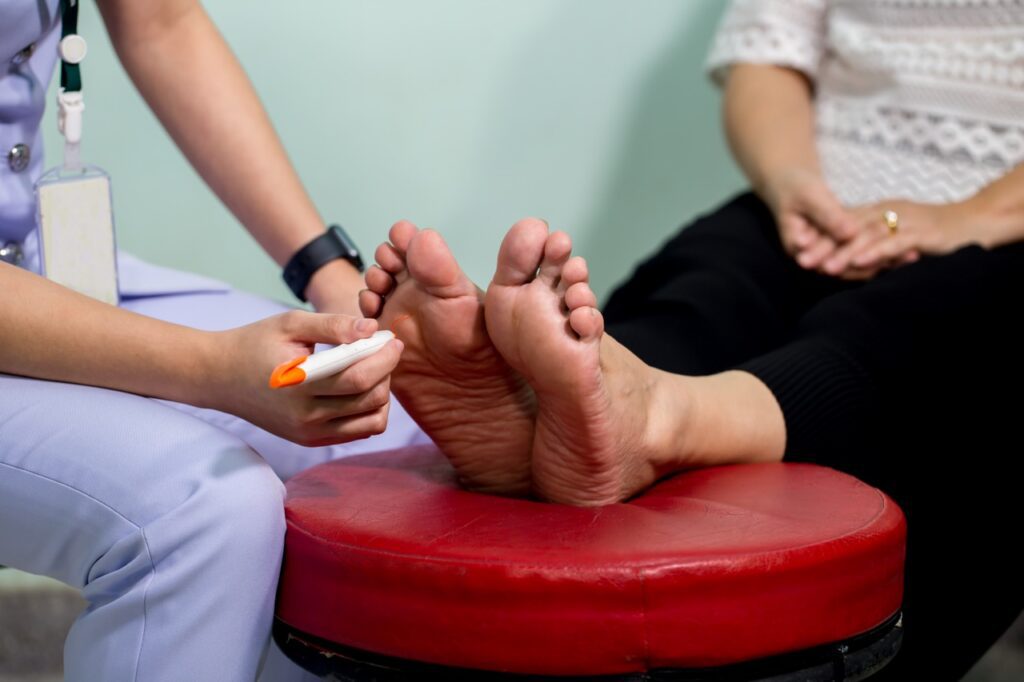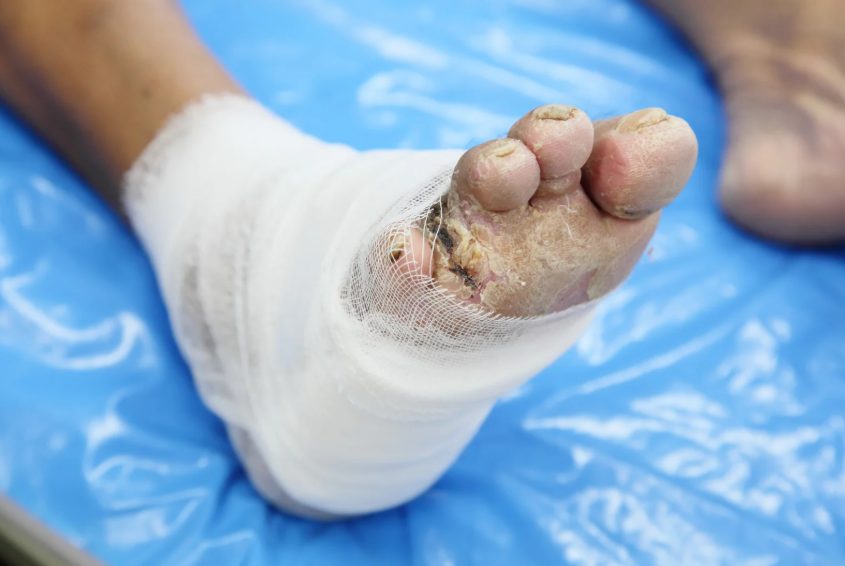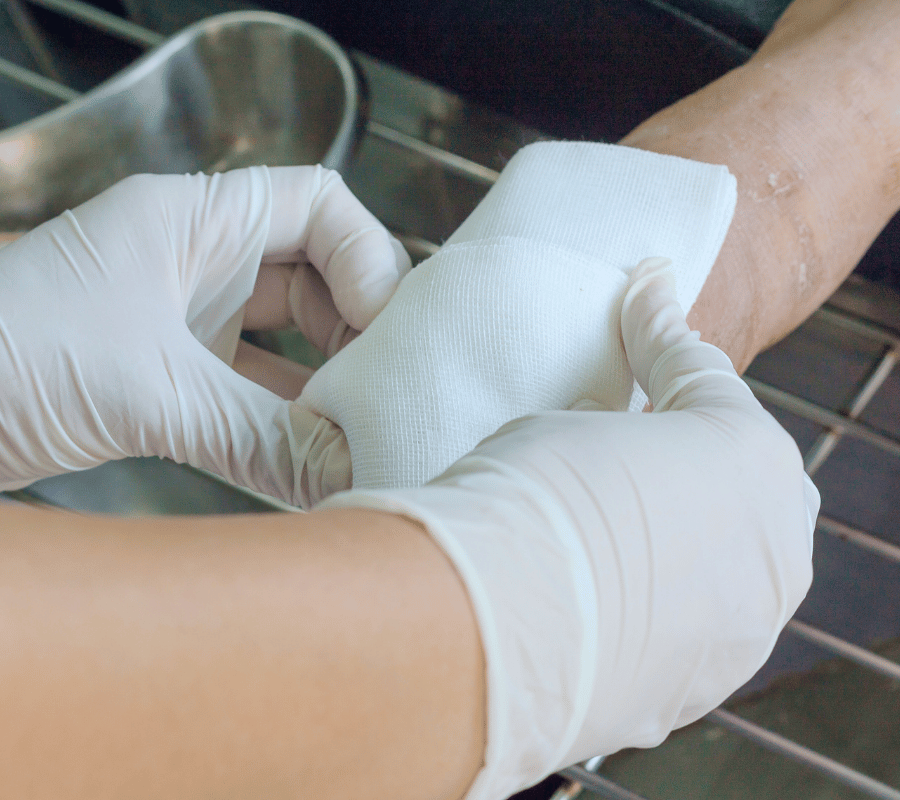When it comes to skincare, one topic that often takes center stage is pore size. We’re bombarded with products and tips promising to shrink, unclog, or minimize our pores. But do we really understand what pores are and their role in maintaining healthy skin? In this blog post, we’ll delve into the science of pore size and its impact on skin health.
Understanding Pore Size
Skin pores, those tiny openings on the surface of your skin, serve as channels for sweat and sebum (skin oil) to reach the skin’s surface. They are essential for the skin’s overall health. There are two primary types of pores: sweat pores and oil pores. Sweat pores release sweat to regulate body temperature, while oil pores secrete sebum to keep your skin moisturized. Pore size can vary from person to person, and it is mainly determined by genetics, but it can also be influenced by age and other factors.
The Role of Pores in Skin Health
Pores play a crucial role in maintaining healthy skin. They help regulate body temperature by releasing sweat, and they serve as a means to eliminate toxins and waste products from the body. This natural process of perspiration and sebum production is necessary to keep the skin balanced and functioning correctly.
Common Myths About Pore Size
There are several myths and misconceptions about pores. One common myth is that you can shrink your pores. In reality, pore size is mostly determined by your genetics, and while you can’t make them smaller, you can take steps to keep them clean and less visible. Another myth is that you can “open” or “close” your pores, which is not entirely accurate. Pores don’t have muscles to open or close; their appearance can change based on factors like temperature, humidity, and skin care.
Tips for Healthy Pores
Maintaining healthy pores is essential for skin health. Here are some tips to consider:
- Regular Cleansing: A good skincare routine, including cleansing, helps keep your pores clear of dirt and oil.
- Exfoliation: Exfoliate your skin to remove dead skin cells that can clog pores.
- Use Non-comedogenic Products: Choose skincare products that won’t clog your pores.
- Sun Protection: Protect your skin from UV damage, which can enlarge pores.
- Hydration: Stay hydrated, as well-hydrated skin can appear plumper and healthier.
Pore-related Skin Issues
Skin problems like acne, blackheads, and whiteheads are often related to pore health. Clogged pores can lead to these issues, so it’s essential to follow a good skincare routine, including cleansing, exfoliation, and moisturizing. Consulting with a dermatologist can also help address specific concerns.
Expert Insights
Dermatologists and skincare experts emphasize that while you can’t change your pore size, you can take steps to keep them healthy. Dr. Jane Smith, a renowned dermatologist, notes, “Pore size is largely determined by genetics, but proper skincare can help minimize their appearance. Cleanse regularly, protect your skin from the sun, and use non-comedogenic products.”
The Future of Pore Health
The world of skincare is continually evolving. Advancements in science and technology are leading to new treatments and solutions for pore-related skin issues. From innovative skincare products to laser treatments, there’s a promising future for improving pore health.
Takeaway
Understanding the science of pore size and its impact on skin health is essential for anyone looking to achieve radiant, healthy skin. While you can’t change your genetic predisposition to pore size, you can certainly take steps to maintain healthy pores. Embrace a proper skincare routine, protect your skin, and consult with experts when needed. Your skin will thank you for it.
When it comes to tackling enlarged pores and achieving flawless skin, Cosmos Clinic stands out as the unrivaled expert in the field, offering unparalleled expertise and results.












